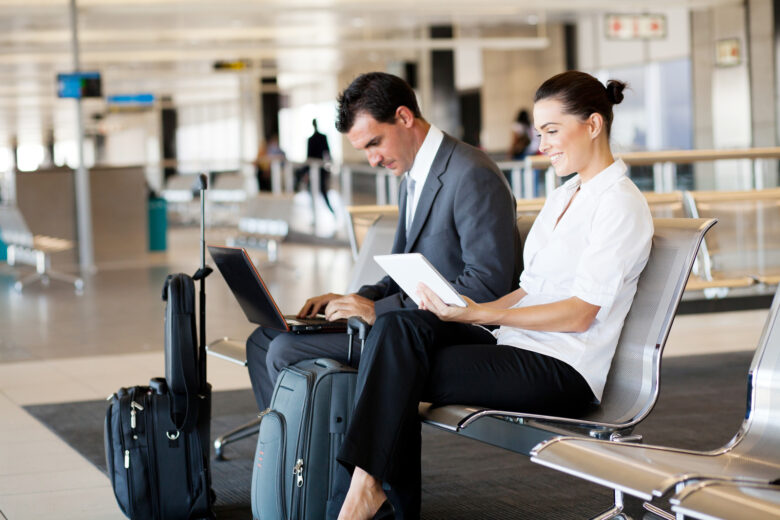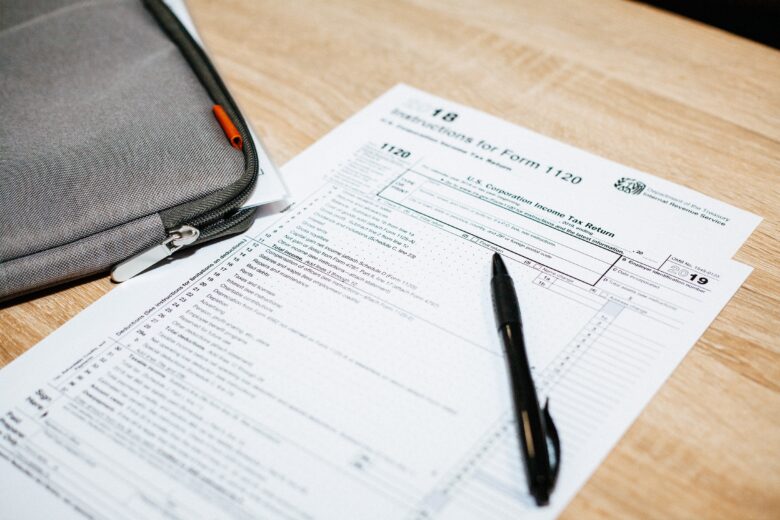The world is in a Freelance revolution. The scale at which freelancing is increasing today is pretty noticeable. With plenty of work exposure and favorable tax regulations, freelancing is currently more productive than before for the individuals who make a living out of it or who do it for part-time ventures. However, with benefits comes challenges. While freelancing provides flexible working hours and the ability to choose your own workload, it often requires traveling from one city to another or demands a switch between countries. With traveling comes the expenses that cannot be neglected as some of the expenses in the journey are necessary.
Due to these expenses, it becomes quite difficult for freelancers and entrepreneurs to pay their taxes.
To solve this situation, Internal Revenue System (IRS) has come up with amazing opportunities for freelancers. To provide citizens involved in freelancing some relief from taxes, the IRS introduced a business travel tax deduction (read more), which strictly adheres to expenses used for professional purposes and not personal use.
Let us look in detail at all types of travel-related expenses on a business trip that are tax-deductible.

Source: nlgroup.com
Contents
1. The essential transportation costs
Suppose you are a freelance photographer or a musician and are required to travel worldwide as you get the offers. The IRS here gives you the benefit of deducting the tax amount on airfare, train tickets, or bus fare. Thus, the ticket fare will be considered tax-deductible for any type of transportation mode you prefer. Also, the precheck costs are deductible.
2. If you rent a car
If you travel by road and rent a car to reach your work destination outside your tax home, the cost of renting a car is tax-deductible.
Generally, your tax home is the whole city where you reside and operate your business or work, regardless of where your family home is located. For example, your hometown is Houston, and you live in New York for a work-related purpose, where you stay in an inn and eat in cafés.
However, you travel to New York once every month to meet your family, but you are not eligible to claim any travel-related tax deductions in New York because that is your tax home. Also, you cannot deduct travel expenses while traveling to Houston because that is not counted under business travel.
In case you don’t rent a car and travel by your own vehicle, you are still able to utilize the benefits of tax deductions. You can apply these deductions to expenses such as gas receipts and the standard mileage deduction. You can also add the expenses of operating and maintaining the vehicle, which include the cost of gas, petrol, diesel, cleaning, repairs, any part damaged, tires, supplies, tolls, and parking charges.
The costs of operating and maintaining a house trailer are likewise viewed as a deductible expense, provided that utilizing one is “customary” and “fundamental” for your business.

Source: lajollamom.com
3. Lodging expenses
If your requirement in the new city is more than a day and you need to stay at a hotel, don’t worry, as the government has saved you here also!
The expense of hotel, Inns, Airbnb stays, or any other convenient accommodation you prefer is tax-deductible. Also, when you stay in a hotel, there are always some additional expenses, such as tipping the hotel staff, the baggage carriers, and the porters. To regulate this expense, the amount of $5 per day till you stay at the hotel is eligible for a tax deduction.
4. Substantiated Meal Expenses
It is obvious that when you travel for work, you’ll have food. You can lay off 100% of all the food expenses on the tax return. The expenses include meals at the restaurant, buying groceries, takeaways or ordered food, or any other person related to your business, such as an advocate, consultant, business partner, or client. The cost of food you order when you are on the journey is also tax-deductible. For example, the food you buy on the flight, on the train, or at the restaurant, you stopped by in the midway.

Source: cpa-wfy.com
5. Internet and Communications expenses
This is the world of technology and automation, and there is no work without the internet. The expense of Wi-Fi or any other Internet service is considered tax-deductible.
Communication expenses are also waved off while filing the tax return. It includes business calls on a business trip, the use of a fax machine, or any other communication device.
6. Taxi expenses
The fare of the mode of transportation you choose to reach your hotel from the airport, train station, or bus station is considered under business travel expense—for example, taxi fare or the city bus ticket.
Also, when you travel from your hotel to the location where your business meeting is going to conduct or to meet your client or customers in a restaurant is deductible.

Source: nlgroup.com
7. Dry Clean Services expense
While you stay longer, you are free to use any laundry or dry-cleaning services during the trip, as the expense is considered under the tax deduction policy.
8. The expense of taking your child or spouse along
According to the rules and regulations, you can apply for a travel expense tax deduction on your child or spouse under any of the two conditions:
- If your child or spouse is an employee
- Or either of them has a particular business reason for going along with you.

Source: mileiq.com
Summary
If you are independently employed, you are eligible for all types of tax deductions, and you can claim them on Schedule C of Form 1040. Freelancers also have the benefit of travel cost deduction. However, keeping a record of all your travel expenses can be difficult. With the help of AI, you can get a detailed summary of all your travel-related costs.
